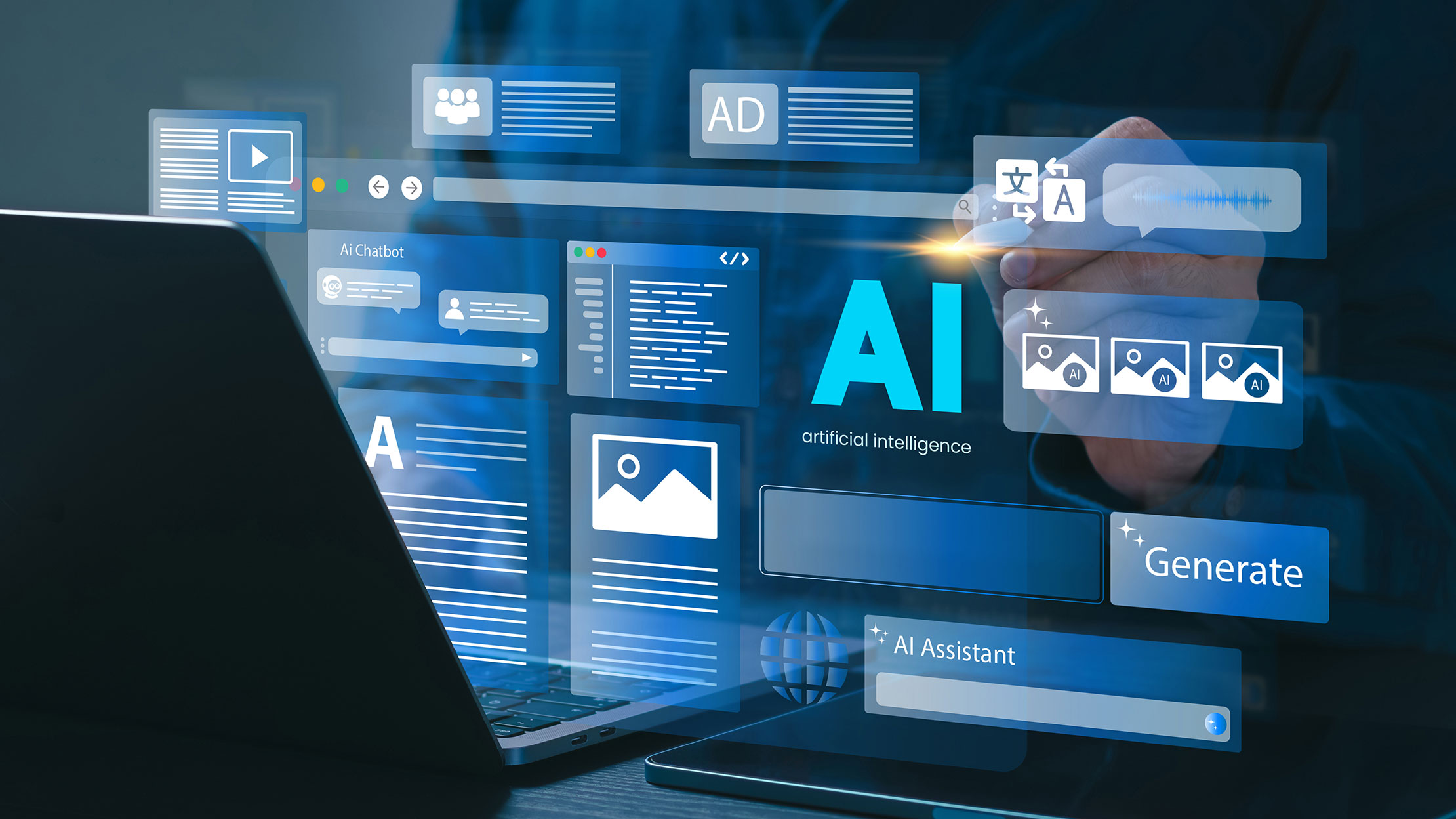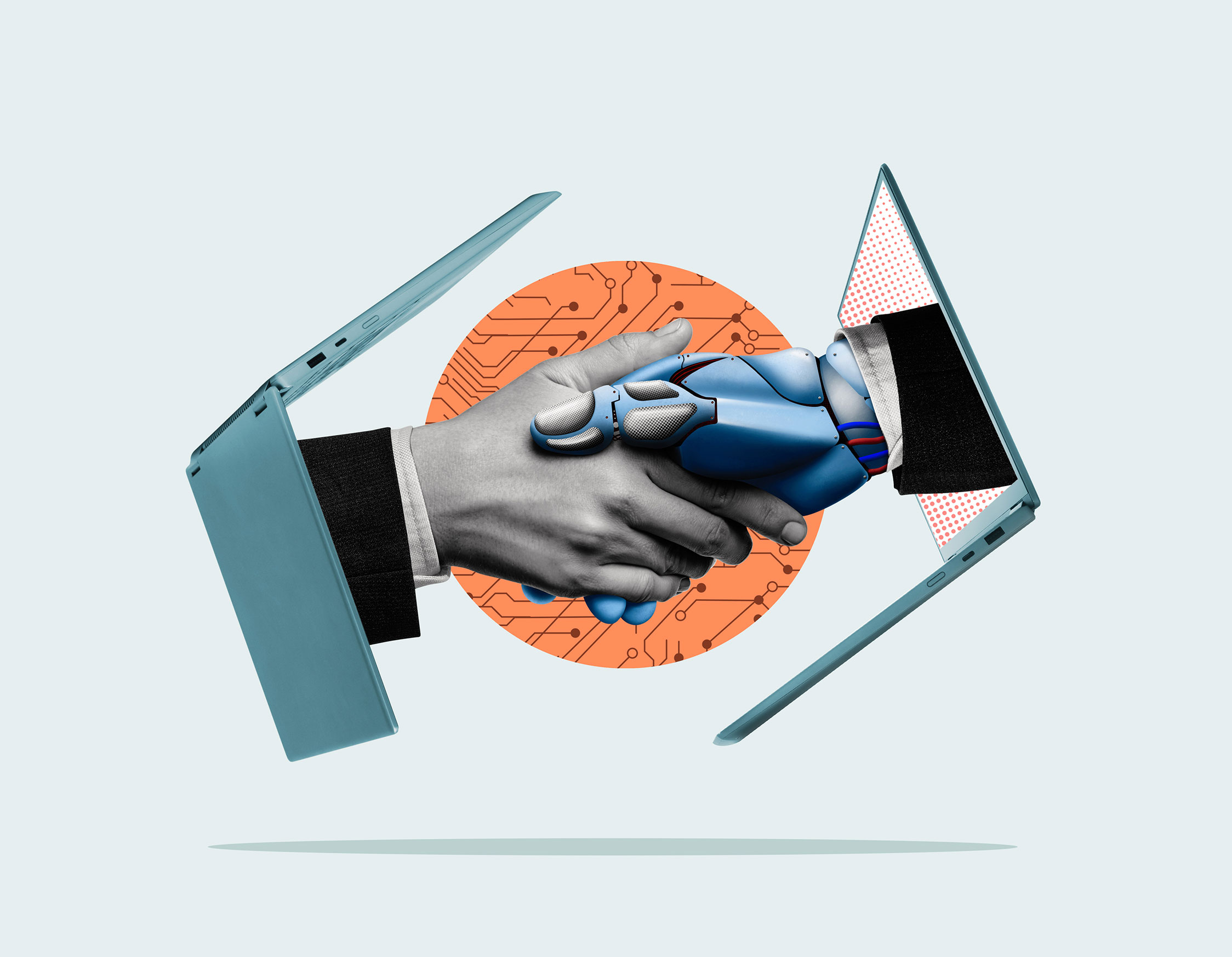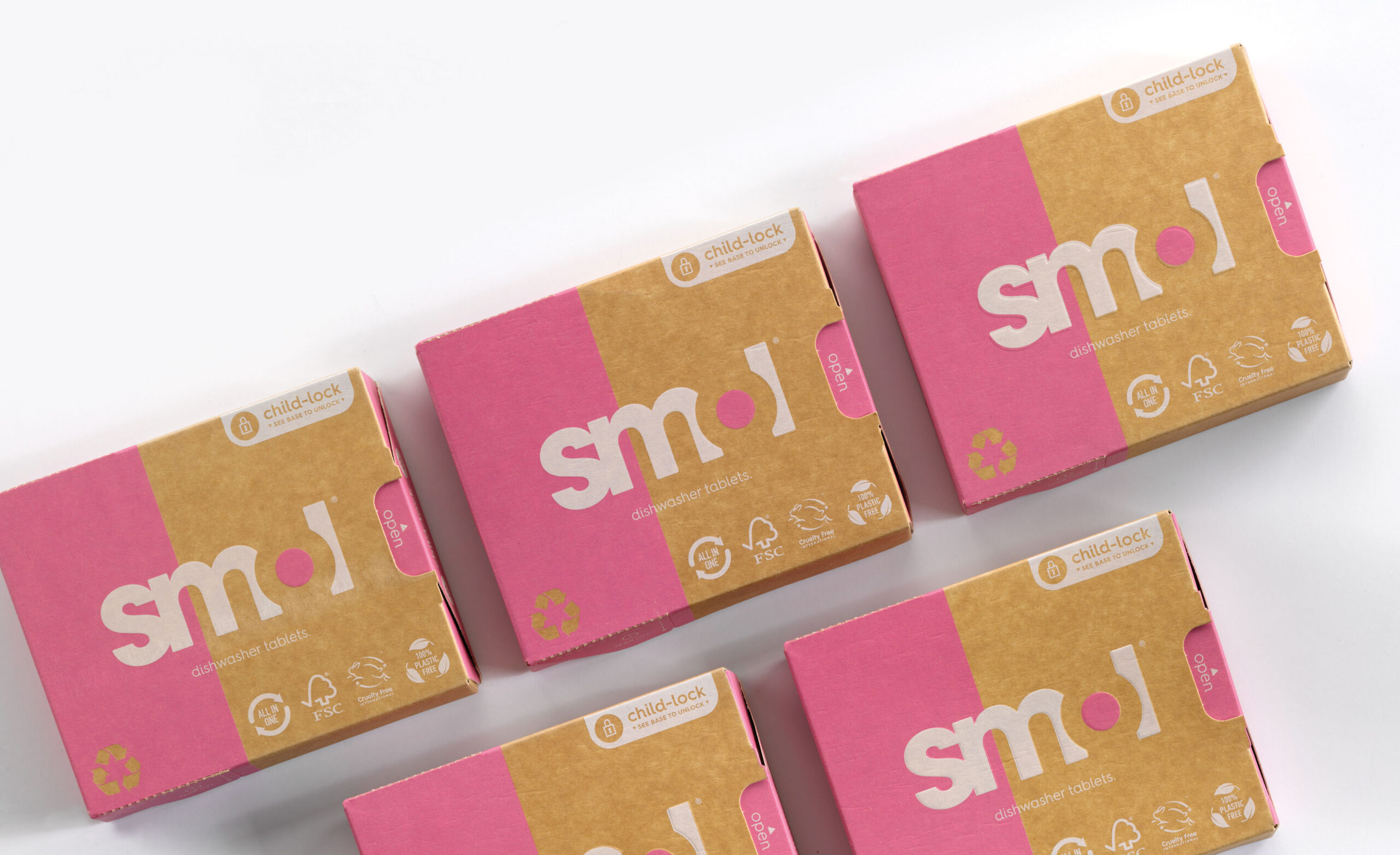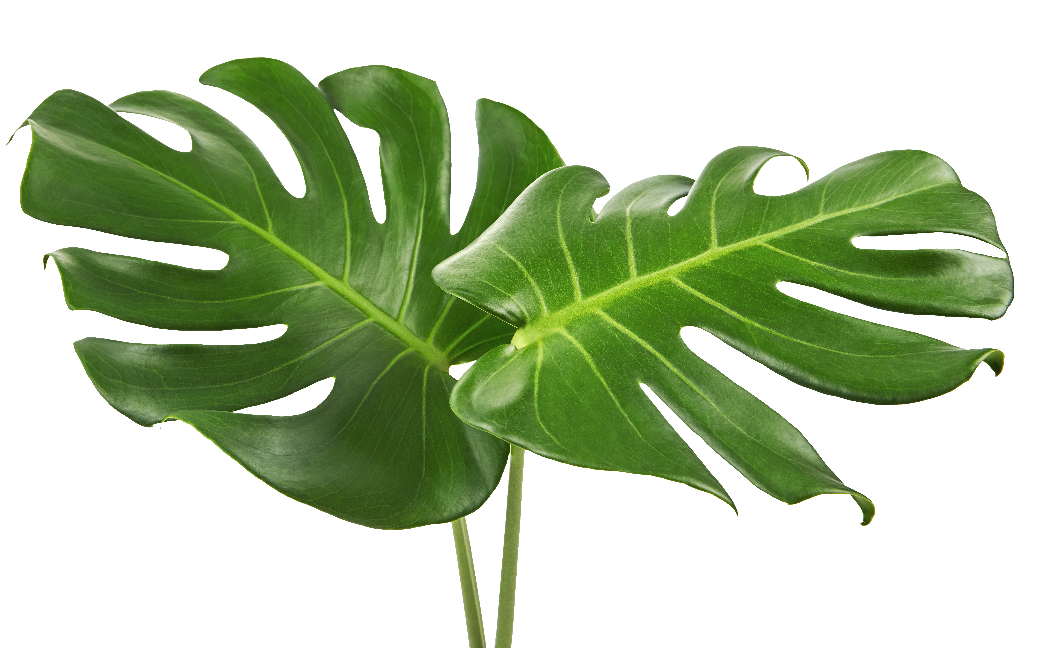
AI and creativity: how technology is changing the way we live and design
By Megan Purves on 15 September 2025
Creativity has long been seen as a uniquely human trait – something fueled by imagination, intuition, and personal experience. But with the rise of artificial intelligence, that narrative is evolving.
Today, AI is not just assisting artists, designers, and content creators; it’s also actively shaping the way we express ourselves day to day. AI-powered platforms can now recommend personalised ideas, generate mood boards from a single image or phrase, and help shape everything from creative writing to product design, turning once-complex processes into more intuitive, collaborative experiences.
AI isn’t here to replace creativity, it’s here to support it. As these tools don’t create in a vacuum, they rely on the prompts, preferences, and patterns we provide. Whether you’re writing a story, generating ideas, or designing something new, it’s the human perspective that brings authenticity. Even the most advanced AI still needs human input to guide it. It can remix concepts and automate steps, but it can’t innovate, empathise, or truly understand your intent, your context and your story.
AI’s role in creativity doesn’t stop with the professional realm, it’s increasingly becoming a tool to enhance our everyday lives. From bespoke meal planning and fitness regimens to organising your digital life, AI can help optimise how we live. Imagine having an AI-powered assistant help you map out your week, suggest new hobbies to try based on your interests, or even recommend ways to organise and declutter your space. These small, everyday interactions with AI can have the ability to enhance a person’s lifestyle by freeing up time and mental energy.
The flip side
However, while AI offers incredible possibilities, there are valid concerns about its impact. One major worry is over-reliance. As AI tools become more integrated into our daily lives, we may risk losing some of the skills that have traditionally defined creativity. Will we forget how to brainstorm without a prompt or rely too heavily on AI to generate ideas that were once our own? Additionally, there’s the fear of homogenisation. As AI systems often draw on vast amounts of data, there’s a risk that outputs could become too similar, lacking the unique personal touch that human creators bring.
It’s also important to recognise the ethical considerations. The rapid rise of AI could raise questions about data privacy, bias, and intellectual property. If AI is trained on data from creators’ works, who owns the resulting creations? These are important questions that will continue to shape how people use AI.

Looking forward
Despite these concerns, AI is here to stay, and its role in both creativity and lifestyle is only going to grow. The key is understanding it as a tool, one that can empower human creativity and enhance the way we live rather than replace it. From streamlining daily routines and improving personal productivity to pushing the boundaries of creative expression, AI offers exciting possibilities.
What do you think? Is AI something you’ll welcome into your daily life, or would you rather keep the reins firmly in your hands?
Thank you
Success! We've received your message and will get back to you as soon as possible. We look forward to chatting to you.
“It’s been a real pleasure to work with Firefly. They helped us to refresh the looks of our apps and developed a sophisticated branding which helps us to stand out from the competition.”
Andriy Gordiychuk
Director
Theory Test Revolution






